
Nixon at War
PRXMost accounts of the collapse of Richard Nixon’s presidency begin with Watergate — the now iconic tale of a bungled break-in and the misbegotten cover-up that followed. But what led to Watergate? How — and more puzzlingly, why — did one of the shrewdest, most gifted political figures of his time become embroiled in so manifestly lunatic an enterprise in the first place? Intrigued by that question, writer/journalist Kurt Andersen takes a deep dive into the vast archives at the Nixon Library and emerges with an answer he wasn’t expecting: While Watergate doubtless accelerated Nixon’s spectacular fall, it was the Vietnam War that led inexorably to the break-in, and from there to the sinking of his presidency.For Andersen, who came of age in the Vietnam era, that answer in turn begs another, larger question: How did Richard Nixon, with all his foreign policy savvy, allow himself to get trapped in the same quagmire he had watched engulf his predecessor, Lyndon Johnson? These questions are the central concerns of Nixon at War. Over the course of seven episodes, Andersen peels back the onion and emerges with a new and deeper understanding of both the man and the war, and of the complex linkage between them.
Most accounts of the collapse of Richard Nixon’s presidency begin with Watergate — the now iconic tale of a bungled break-in and the misbegotten cover-up that followed. But what led to Watergate? How — and more puzzlingly, why — did one of the shrewdest, most gifted political figures of his time become embroiled in so manifestly lunatic an enterprise in the first place? Intrigued by that question, writer/journalist Kurt Andersen takes a deep dive into the vast archives at the Nixon Library and emerges with an answer he wasn’t expecting: While Watergate doubtless accelerated Nixon’s spectacular fall, it was the Vietnam War that led inexorably to the break-in, and from there to the sinking of his presidency.For Andersen, who came of age in the Vietnam era, that answer in turn begs another, larger question: How did Richard Nixon, with all his foreign policy savvy, allow himself to get trapped in the same quagmire he had watched engulf his predecessor, Lyndon Johnson? These questions are the central concerns of Nixon at War. Over the course of seven episodes, Andersen peels back the onion and emerges with a new and deeper understanding of both the man and the war, and of the complex linkage between them.
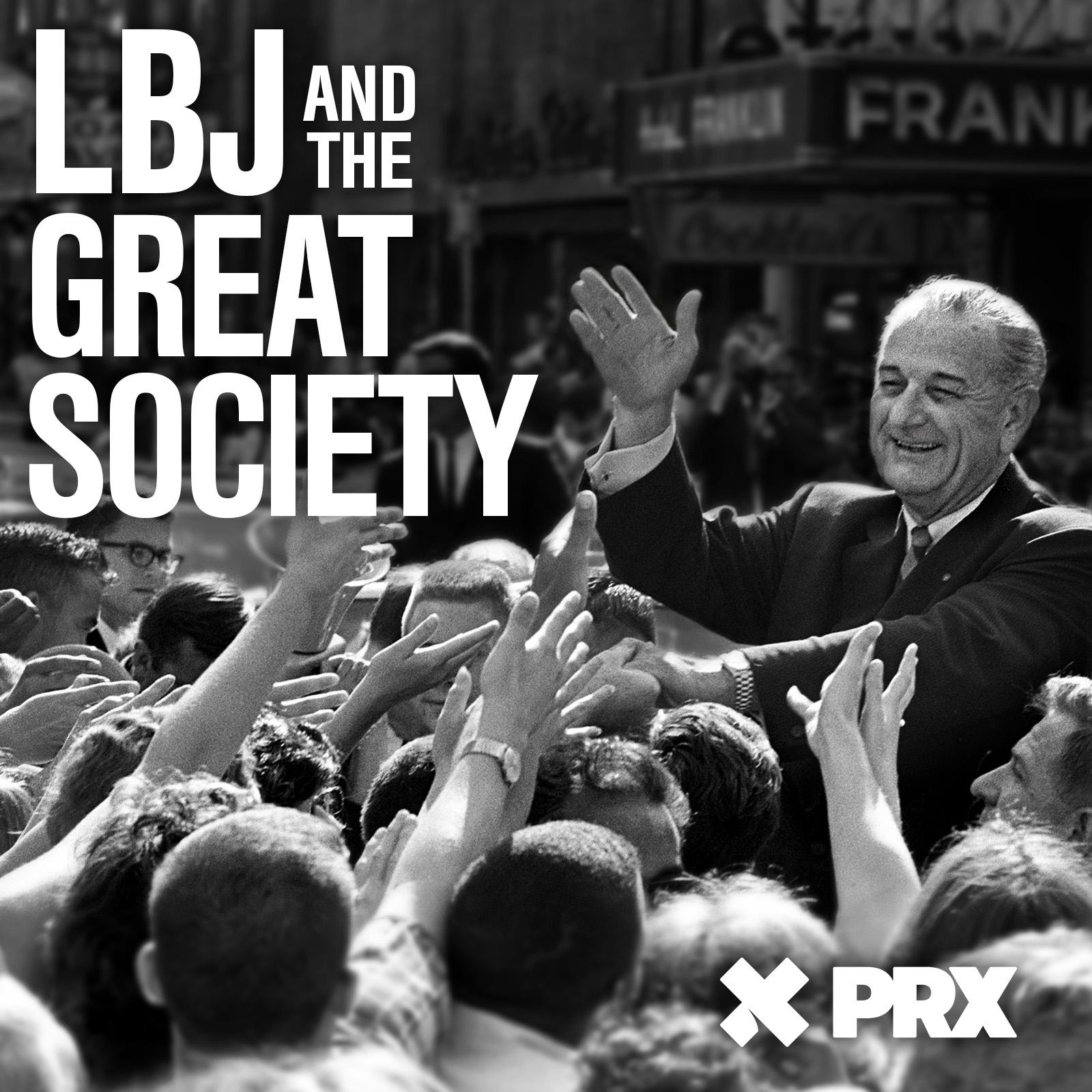
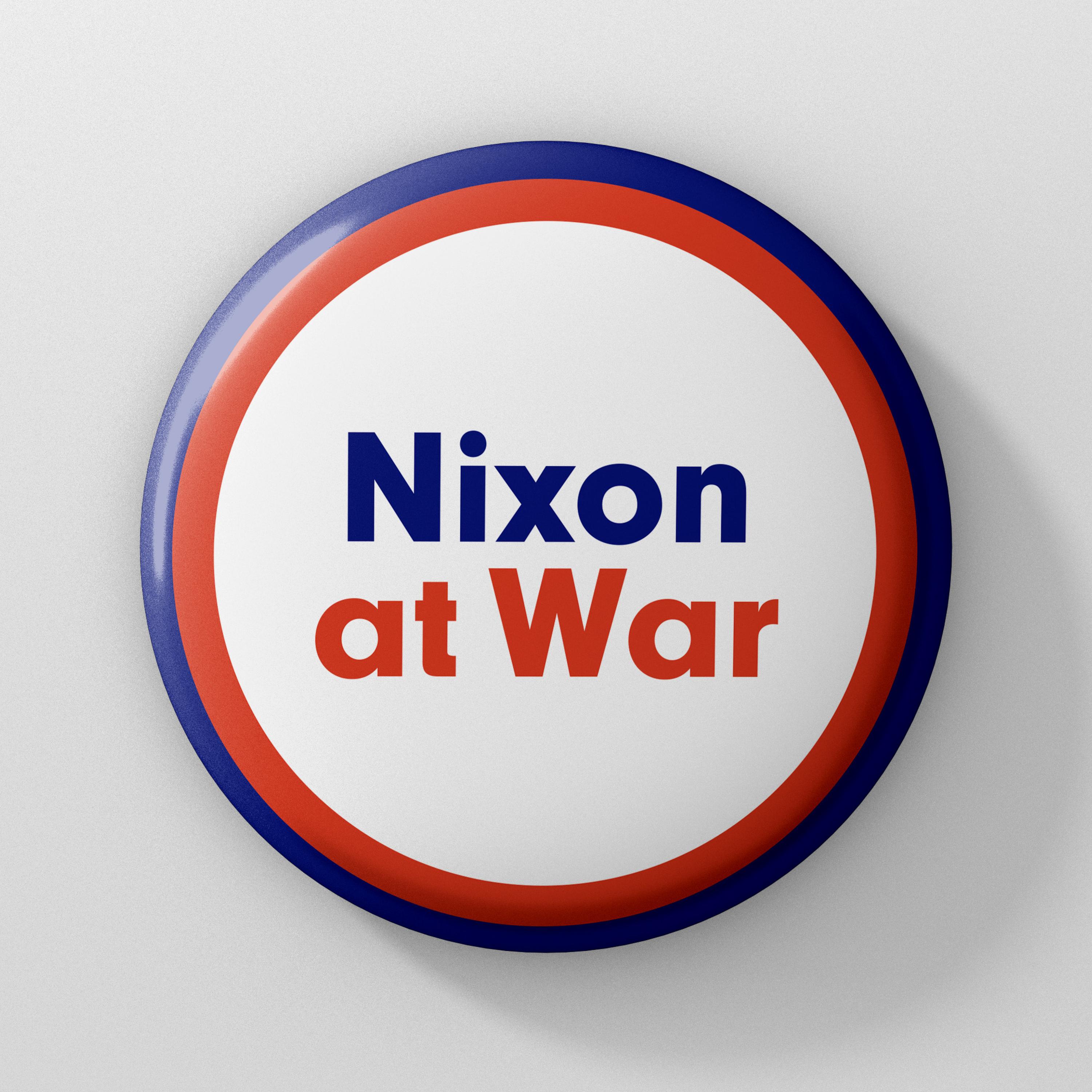
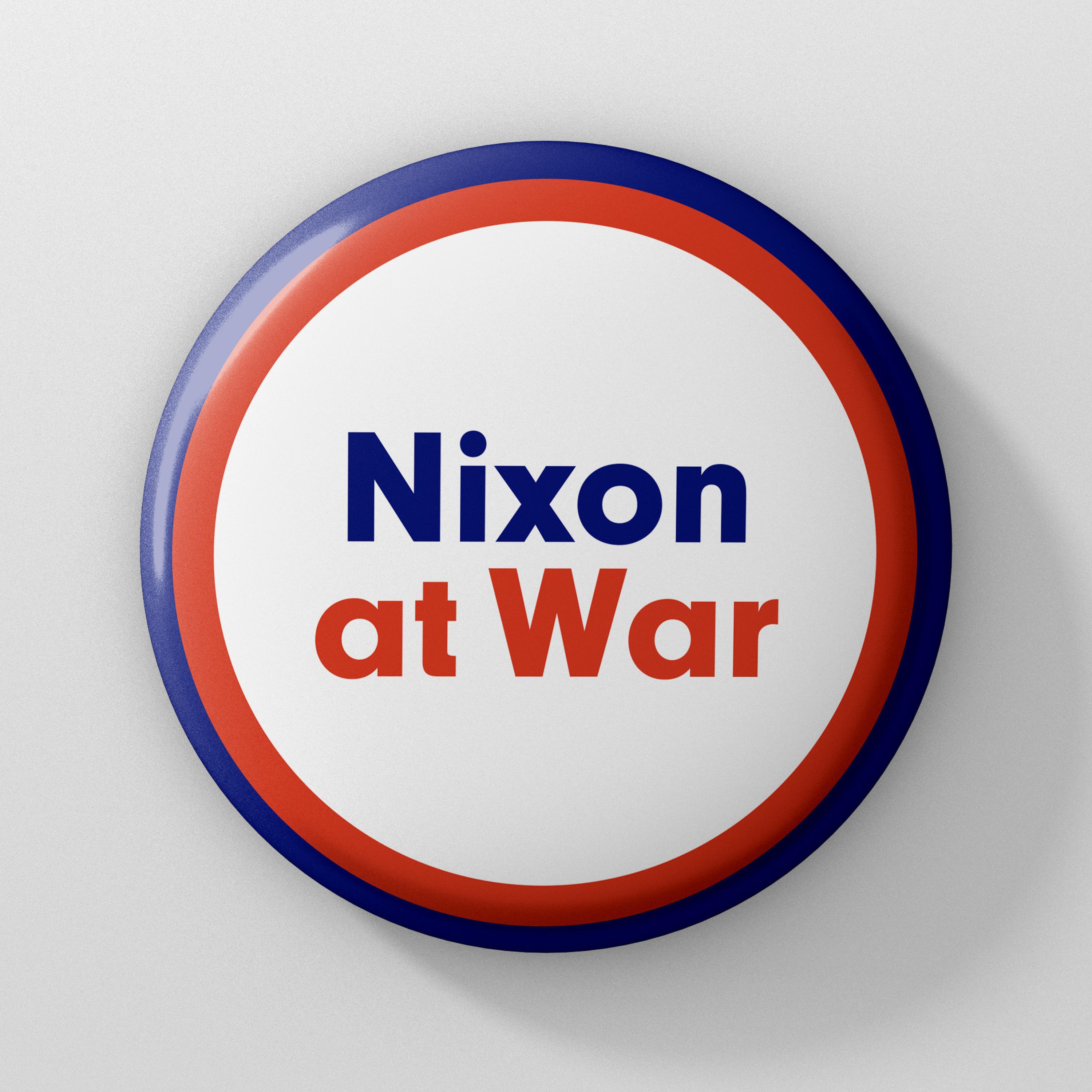
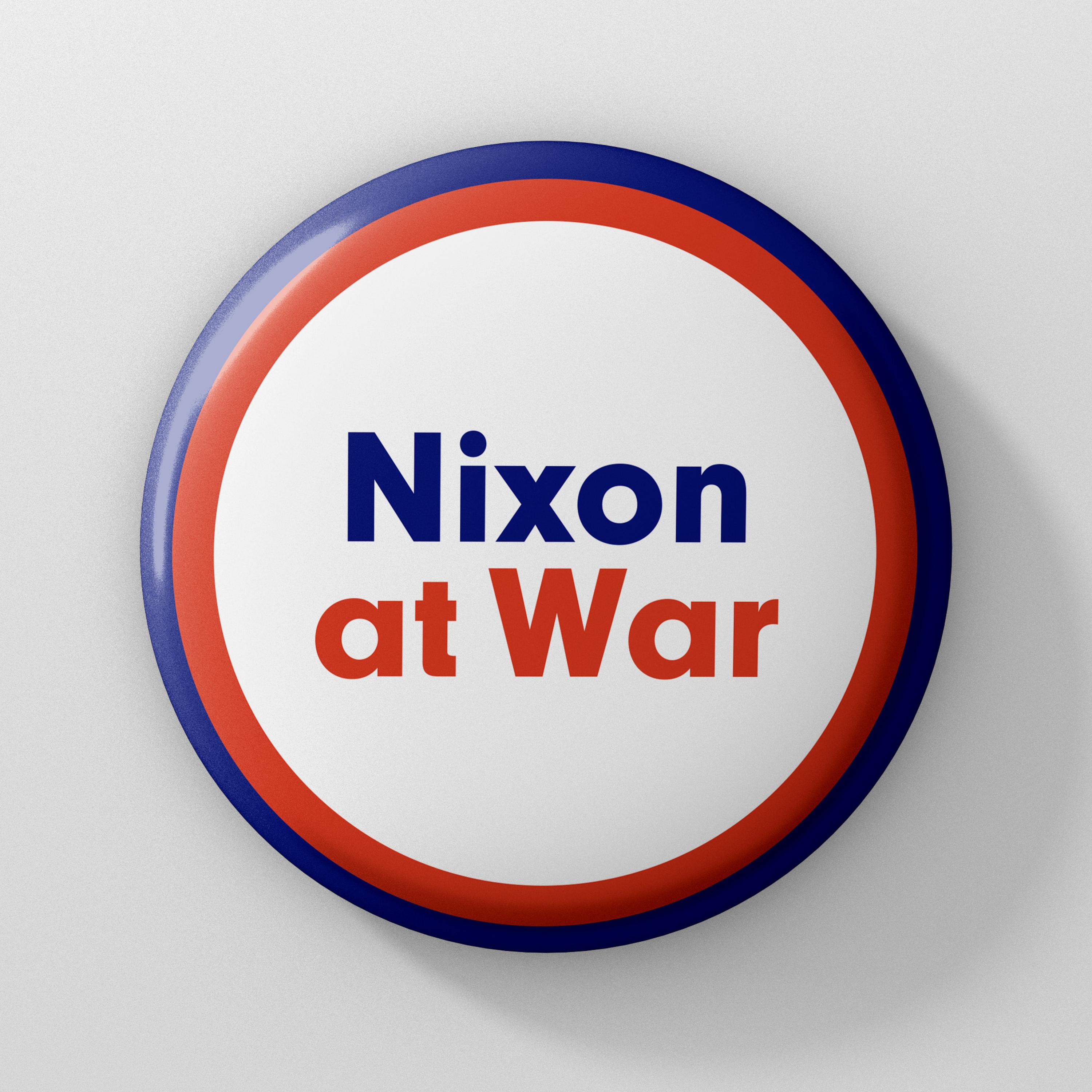
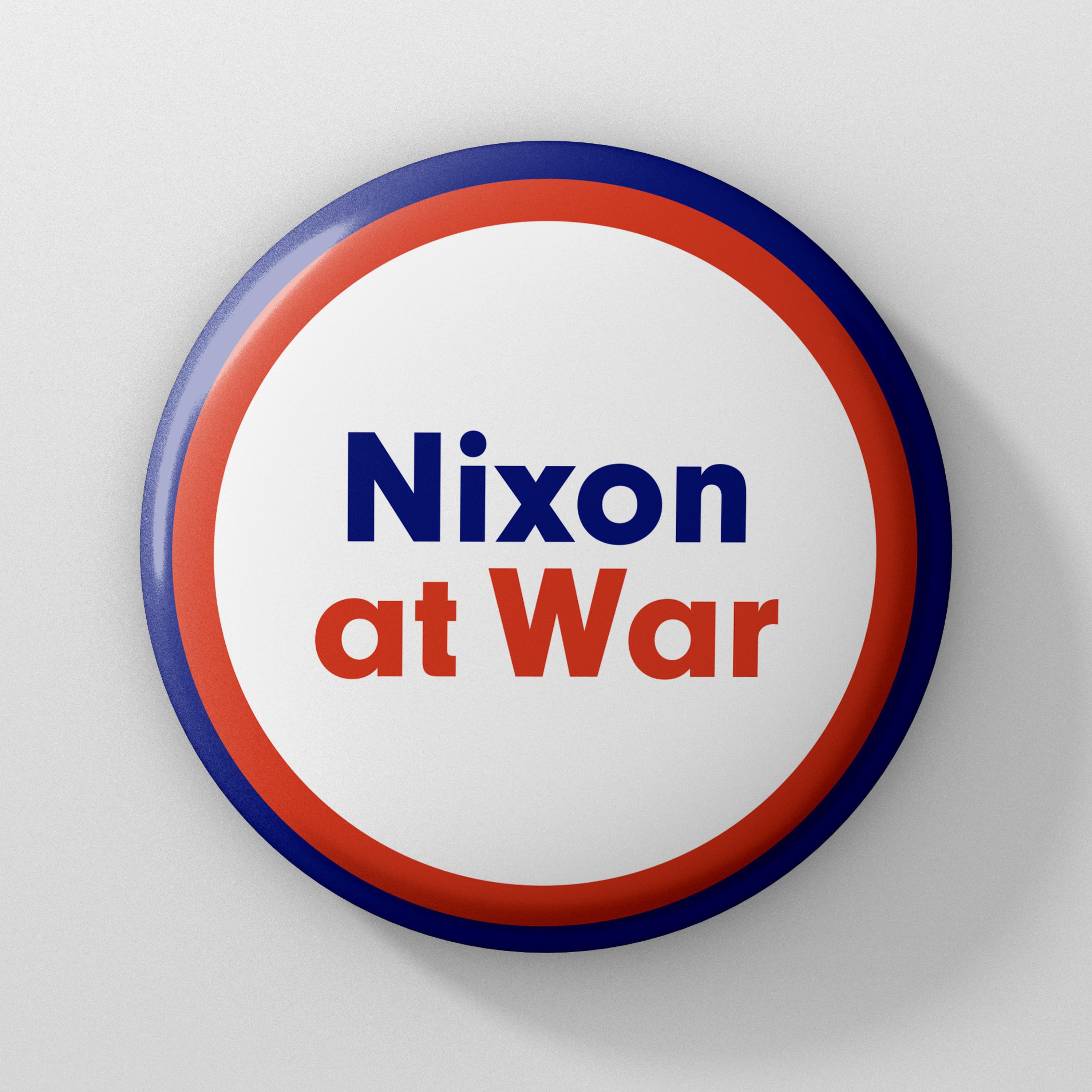
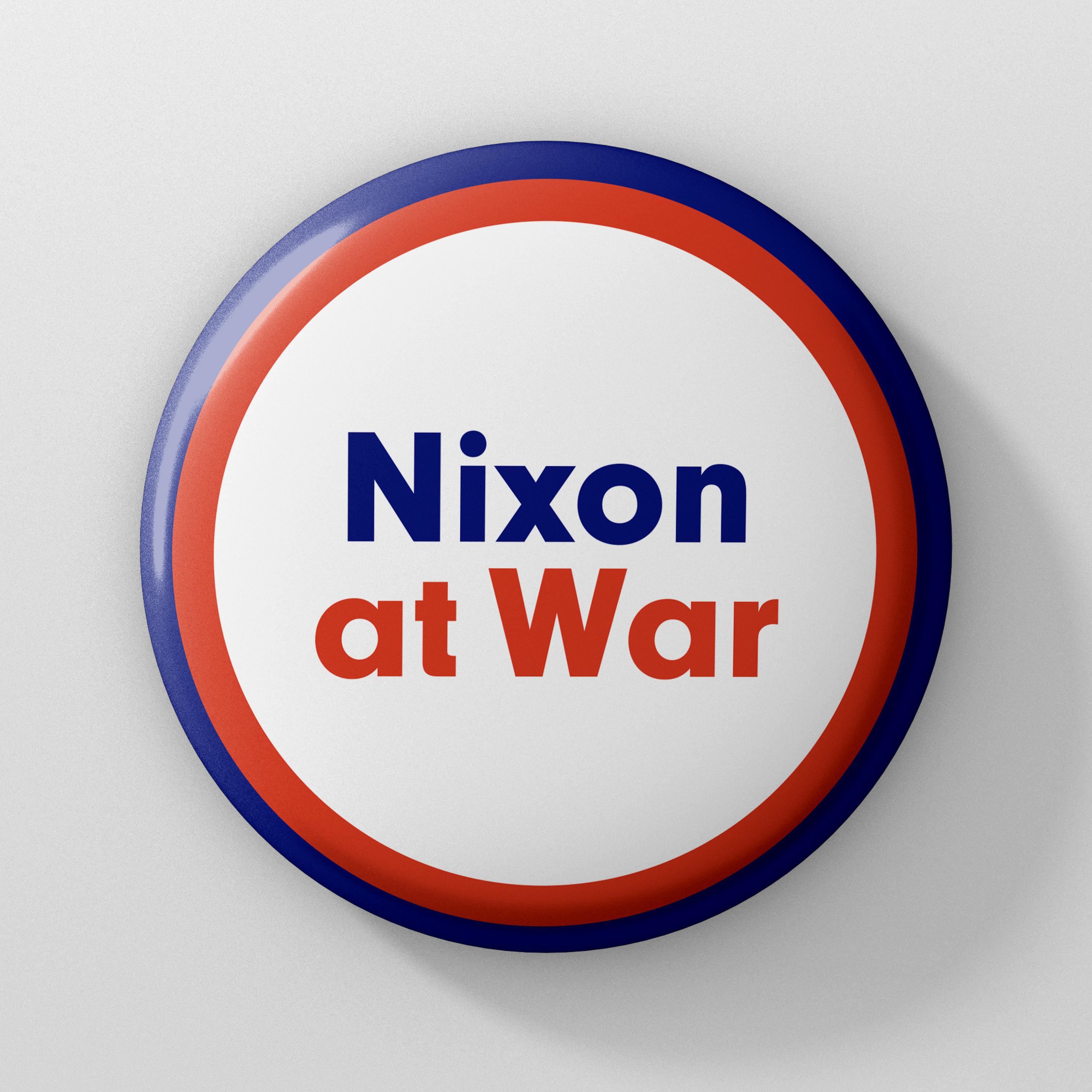
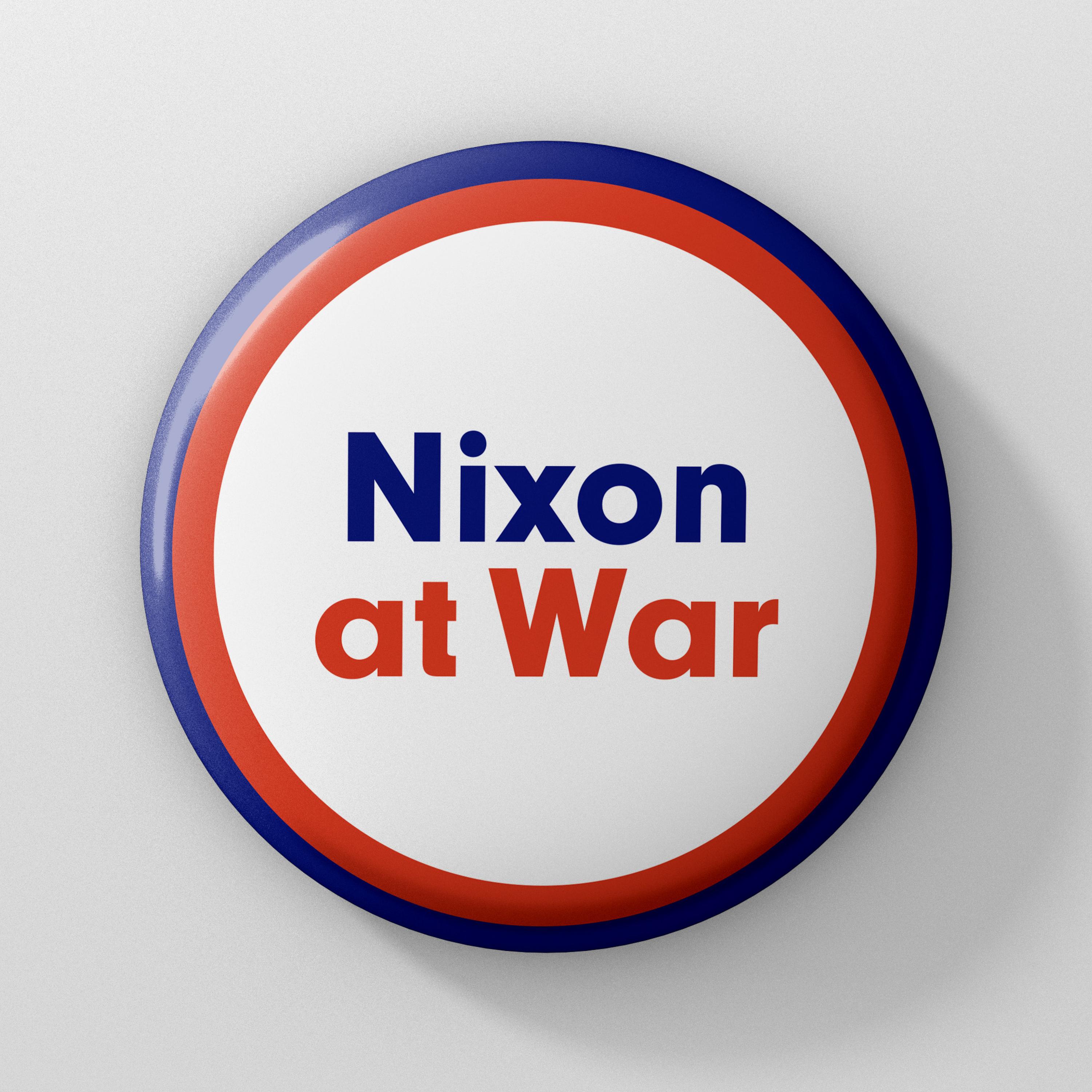
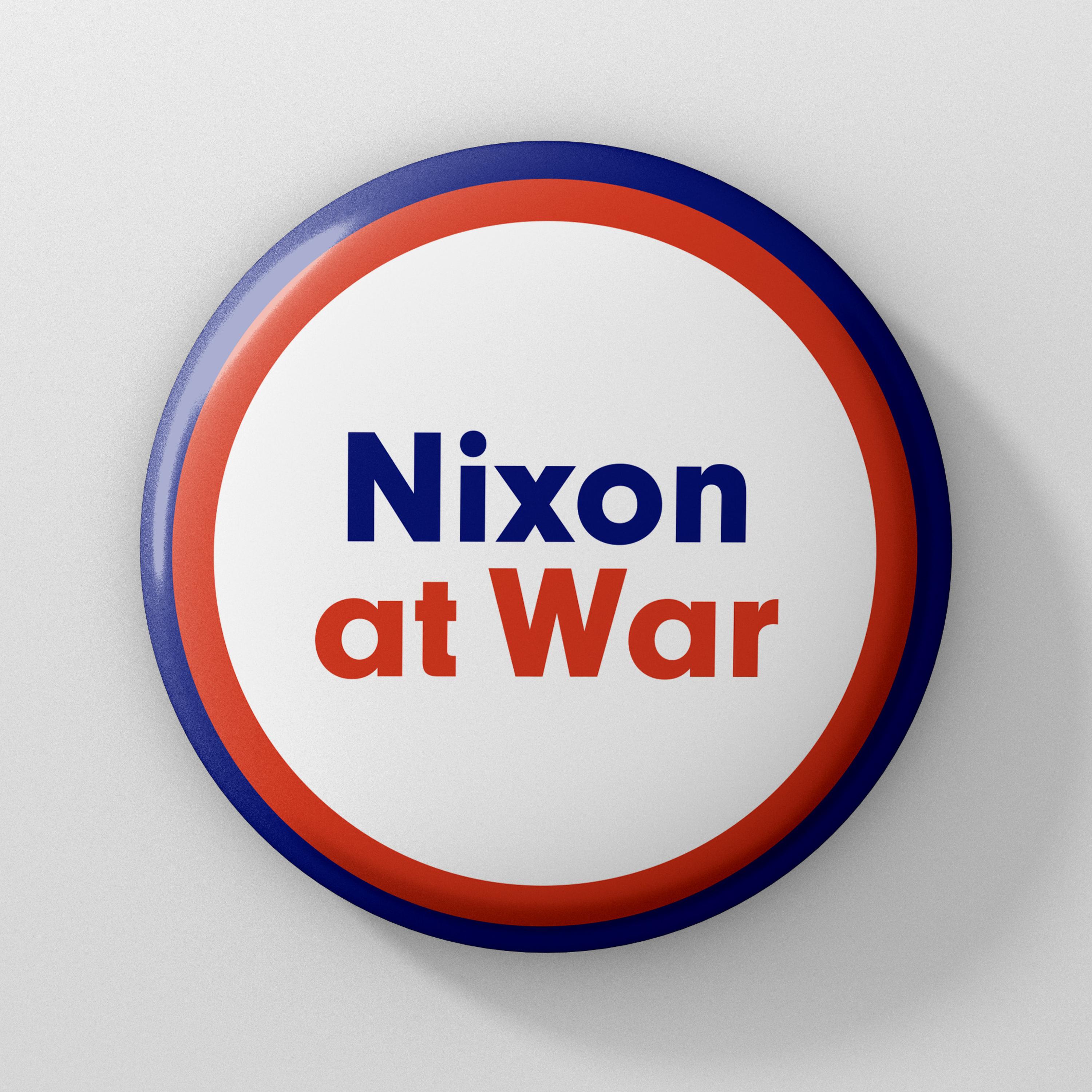

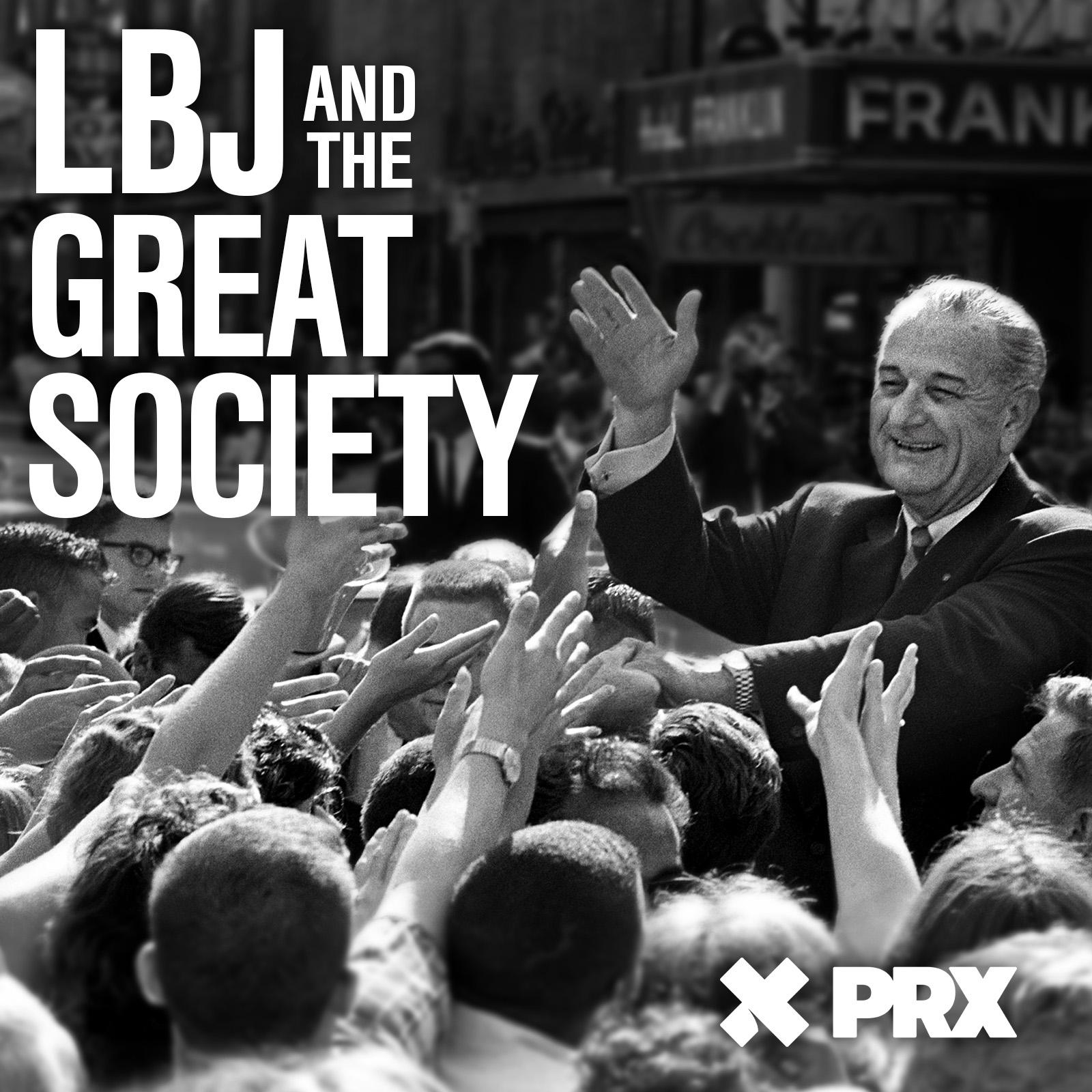
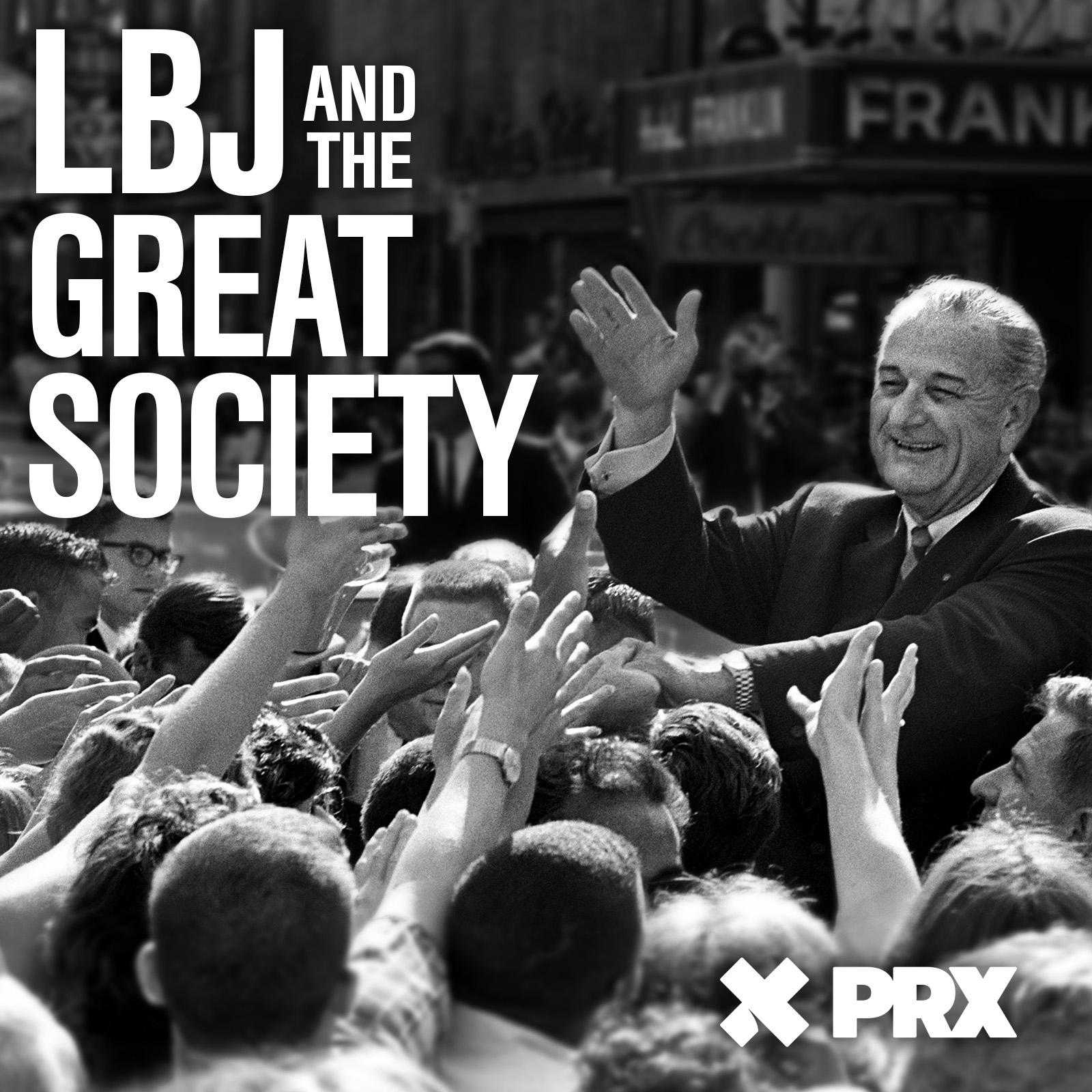
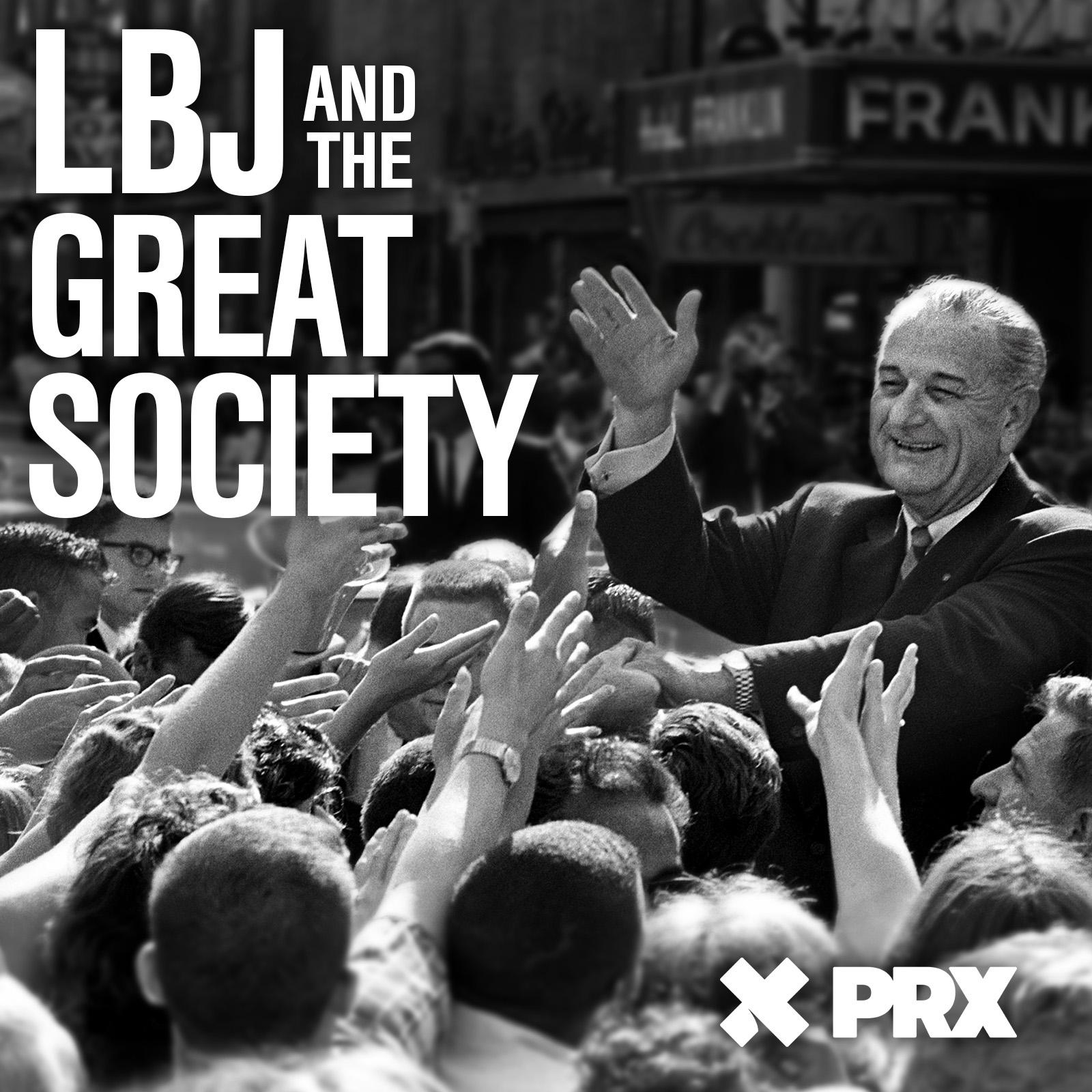
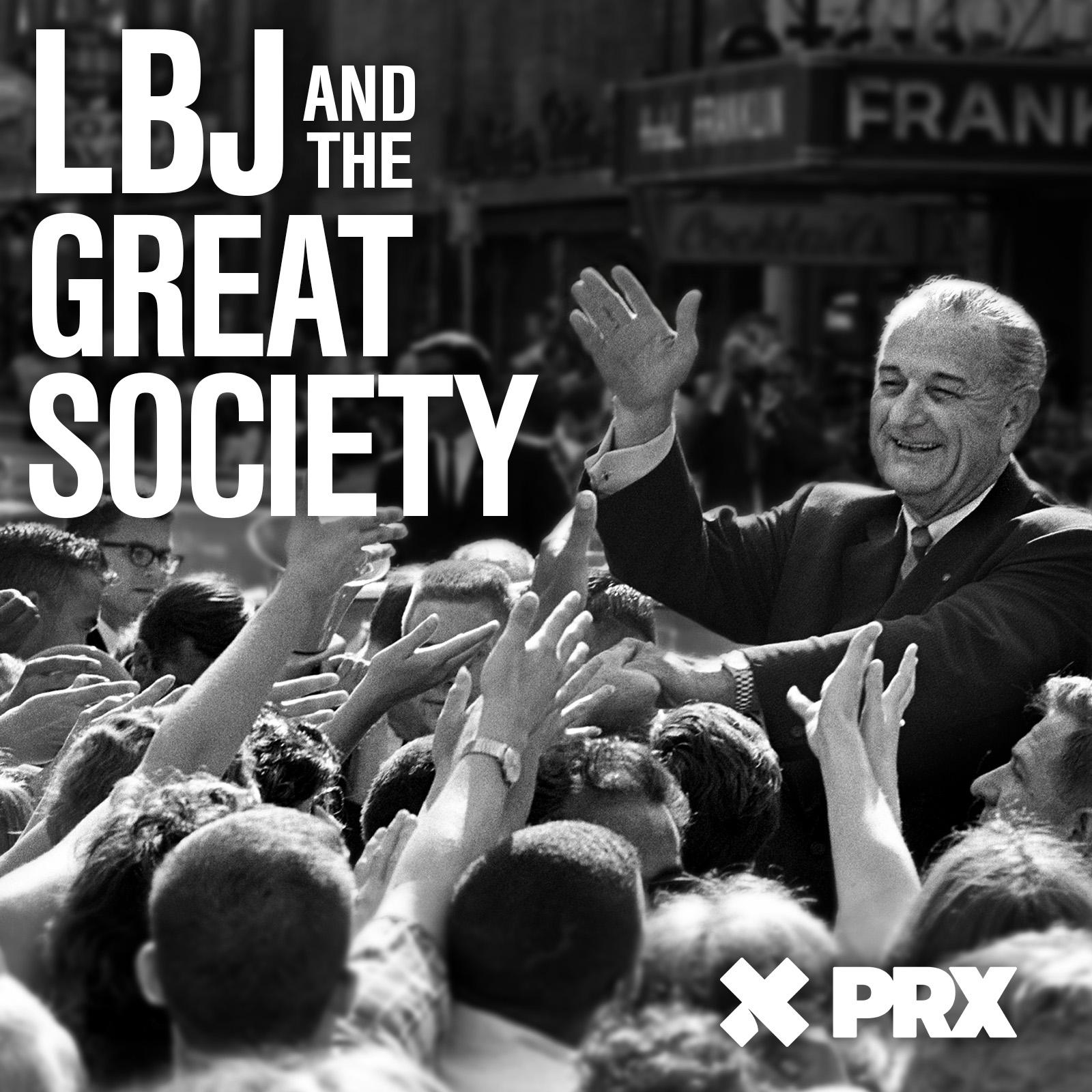
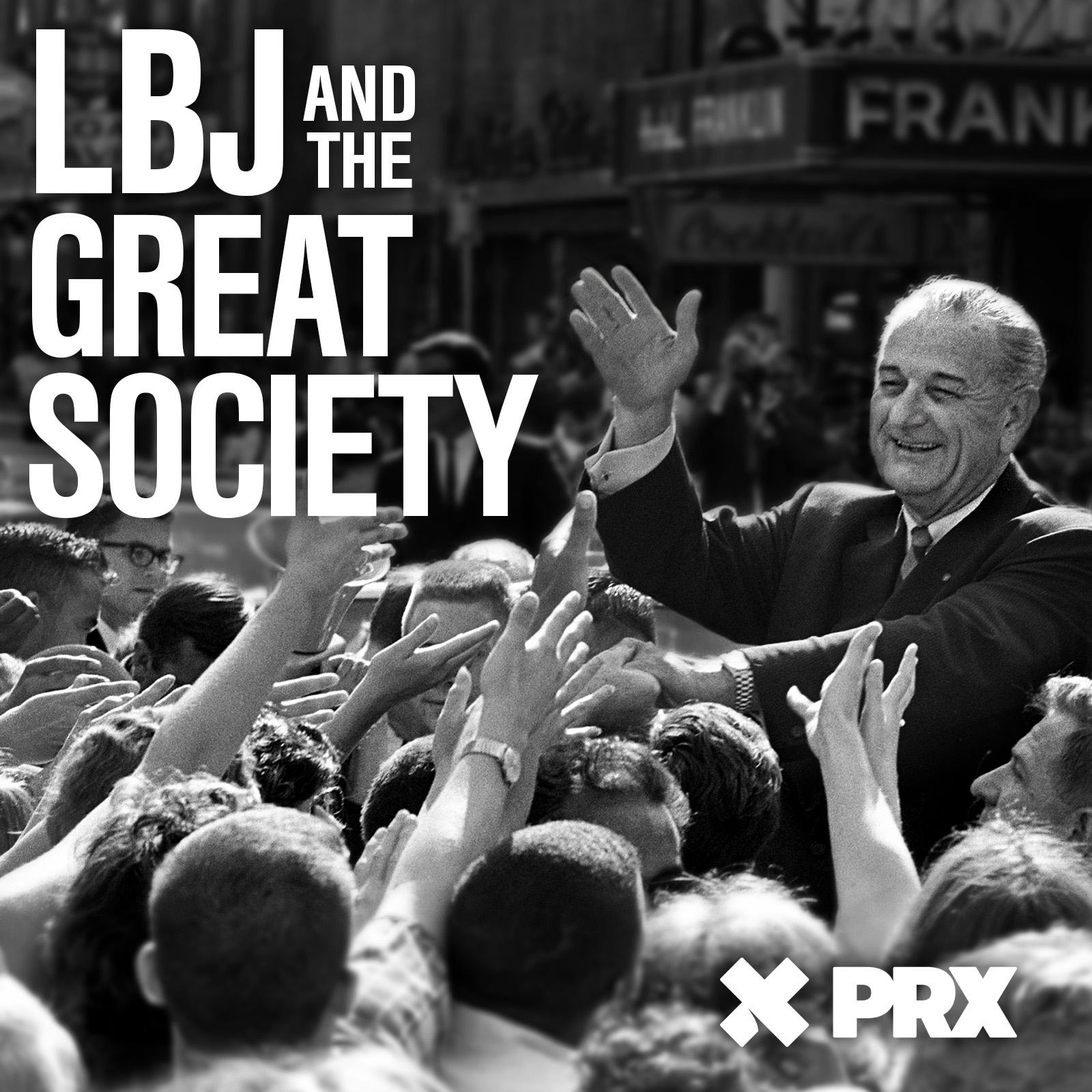
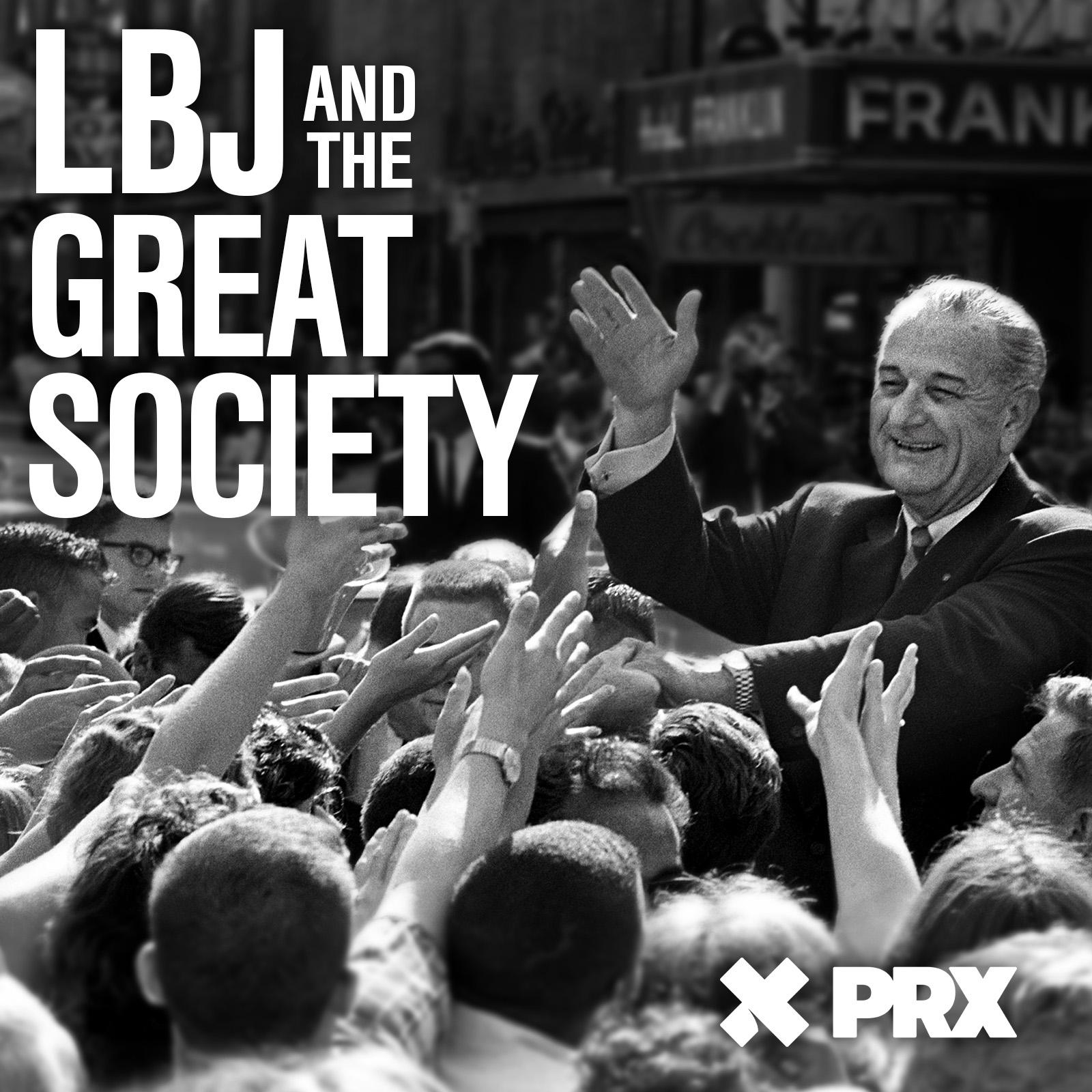
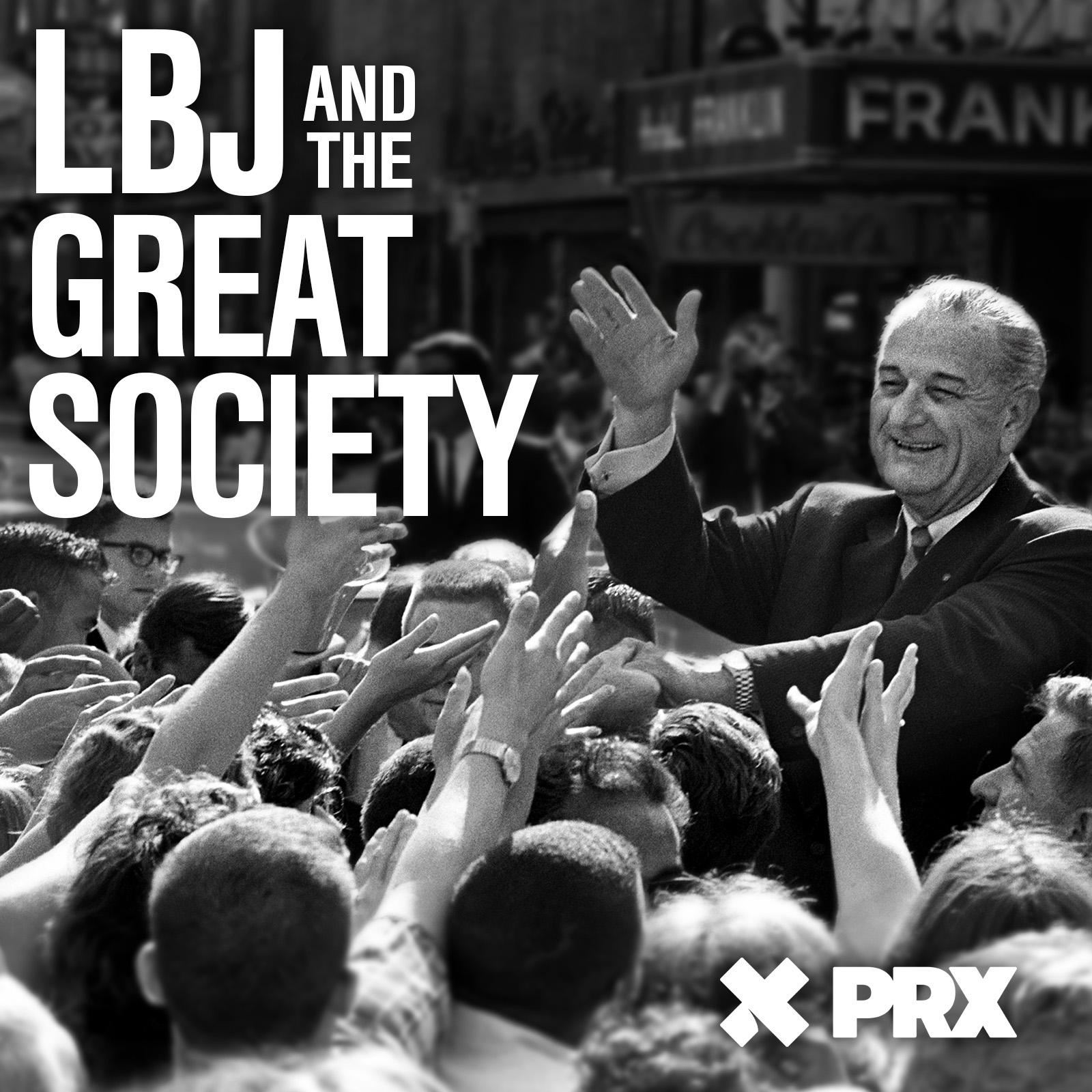
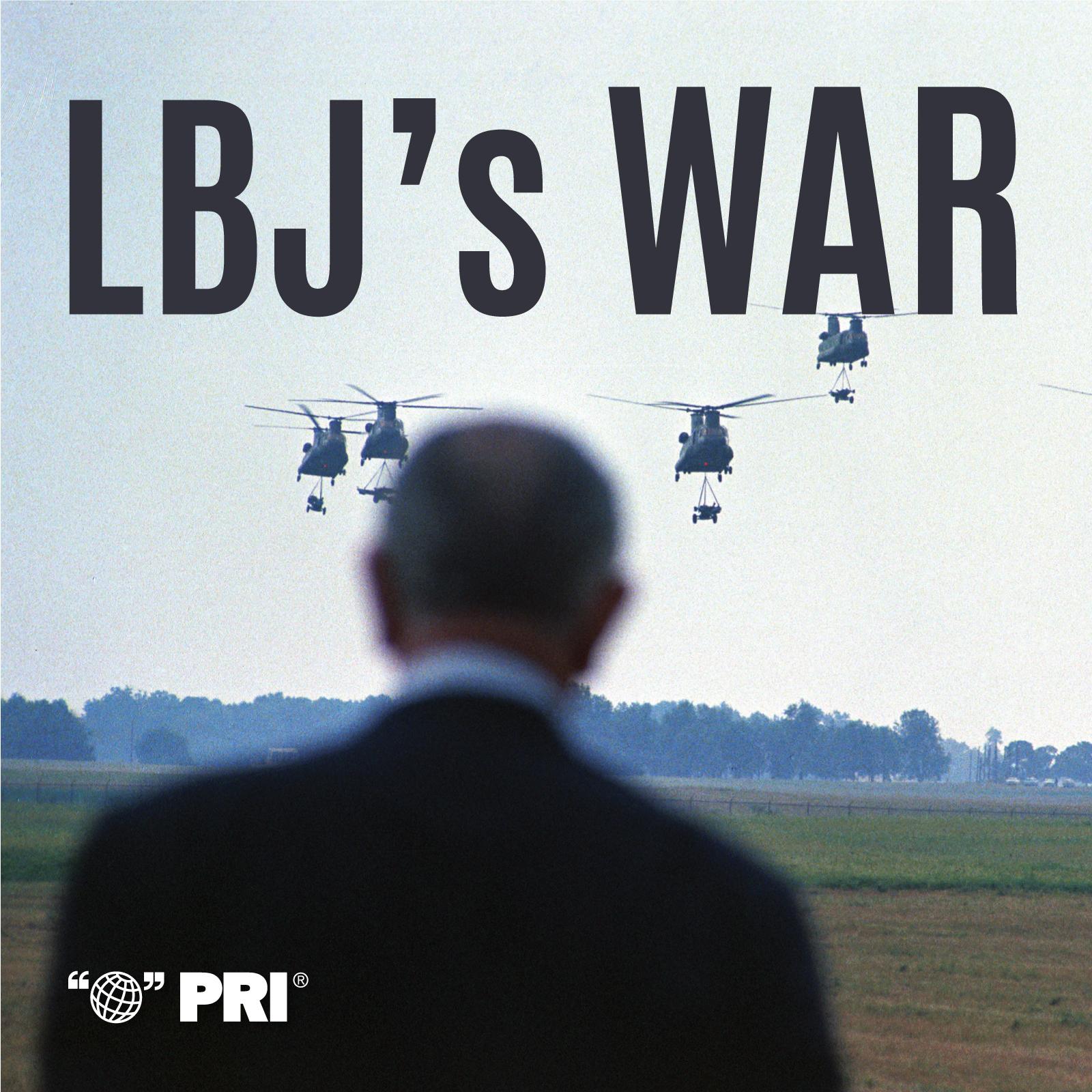
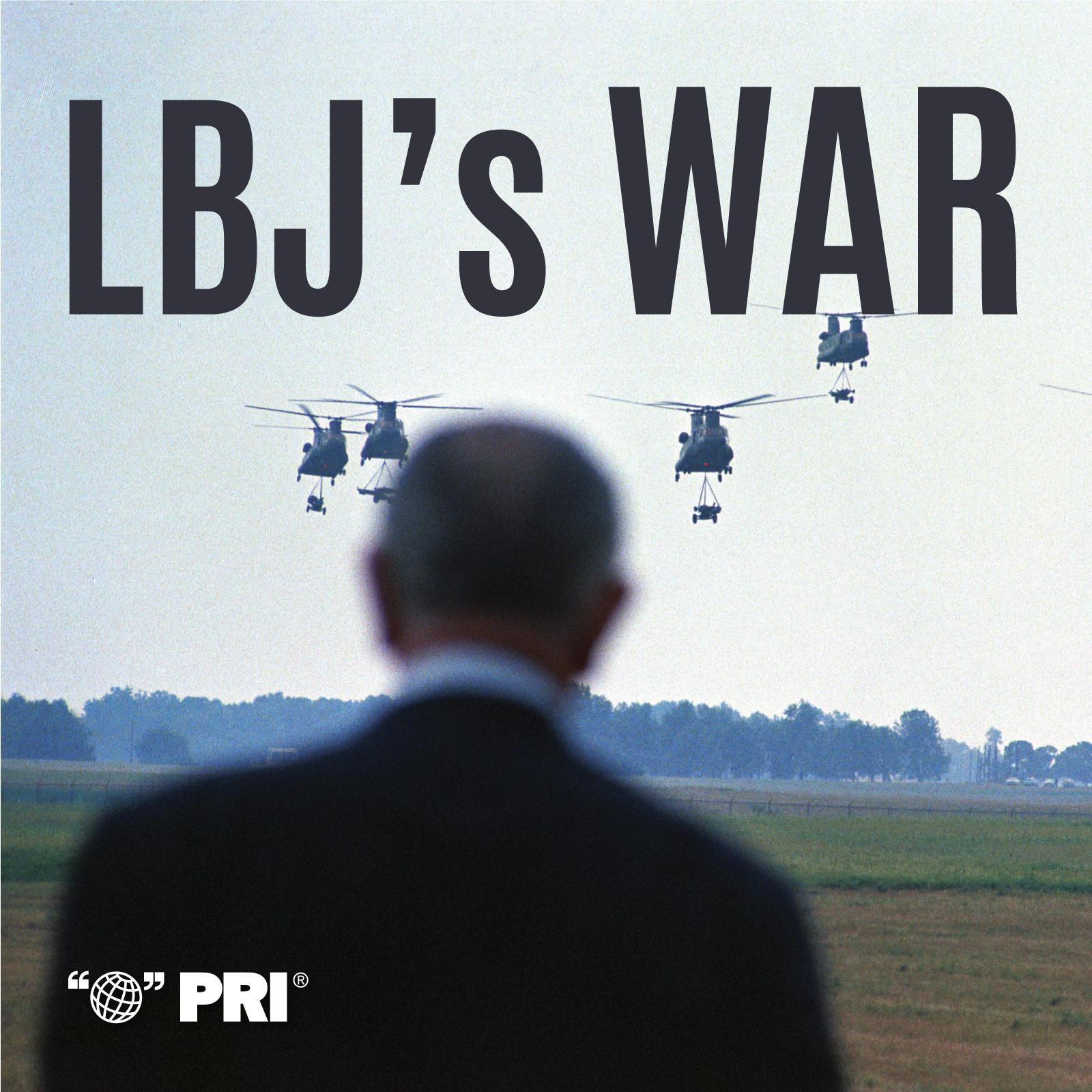
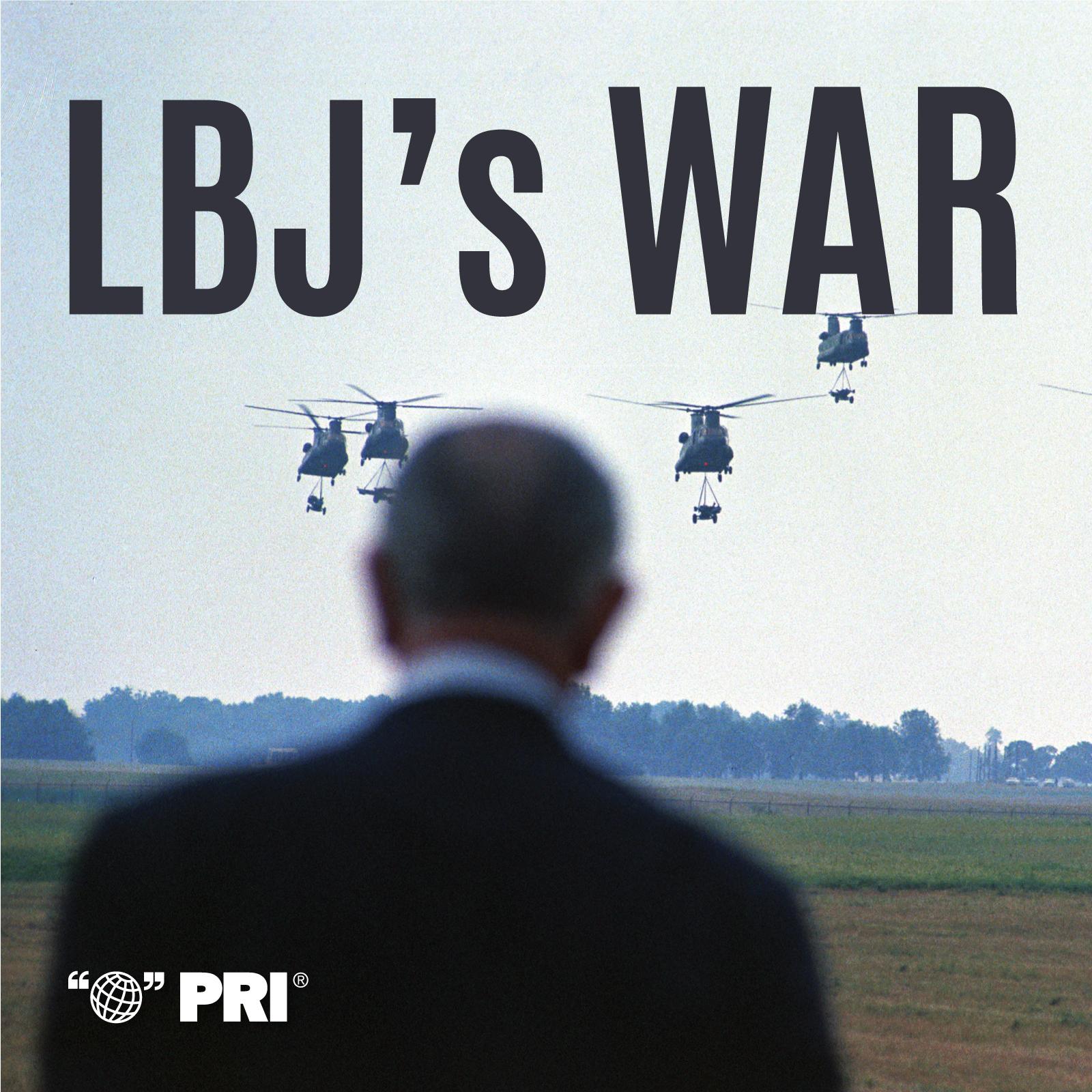
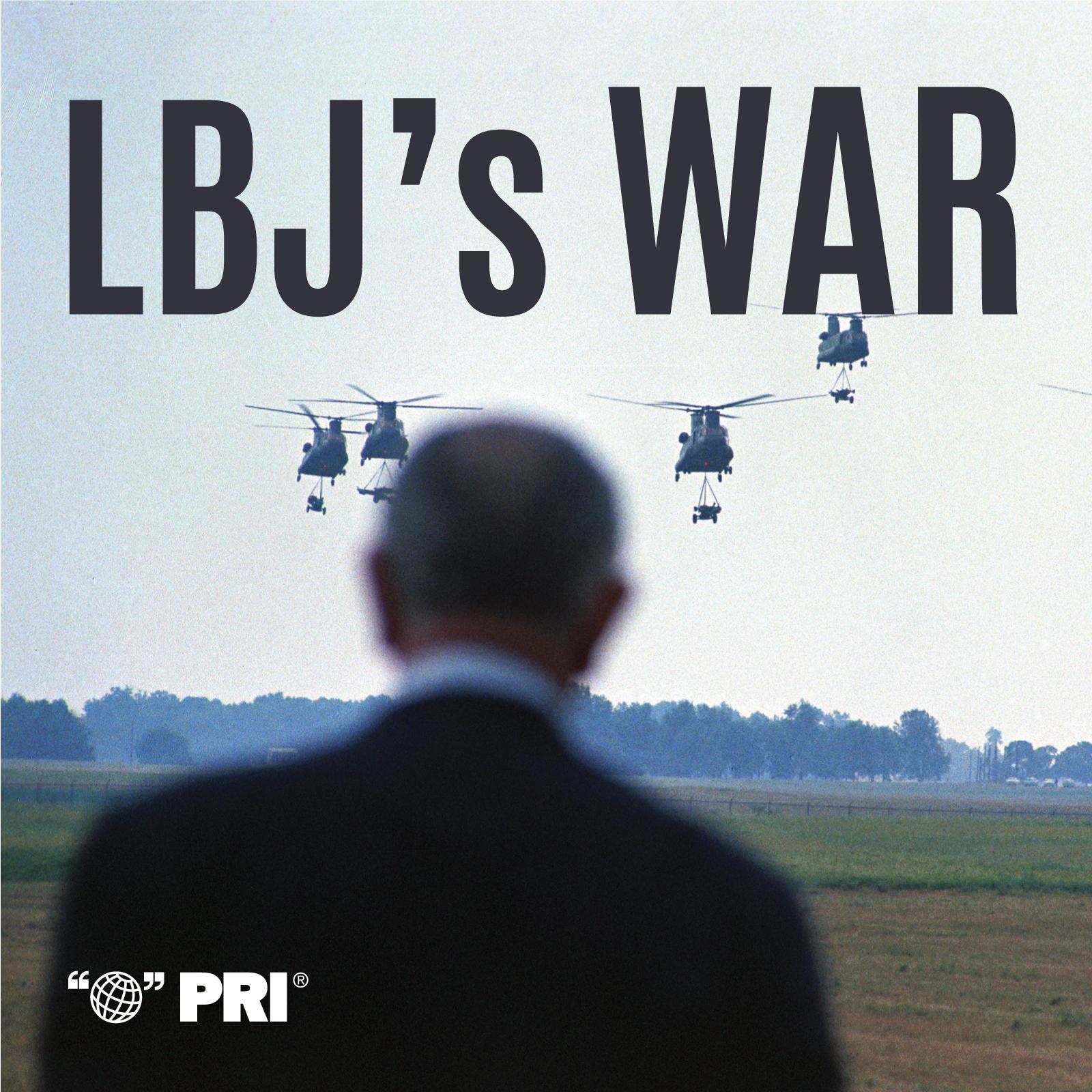
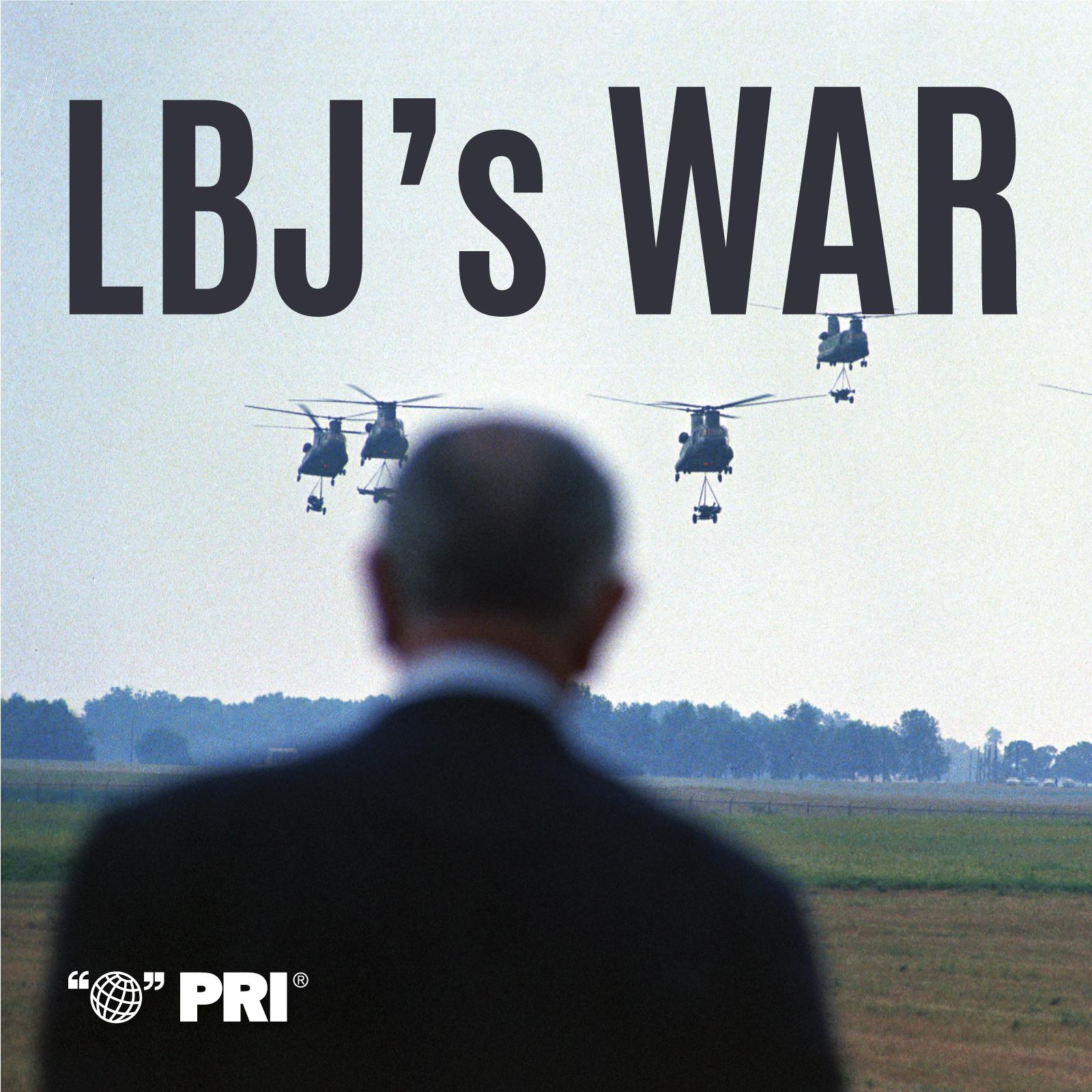
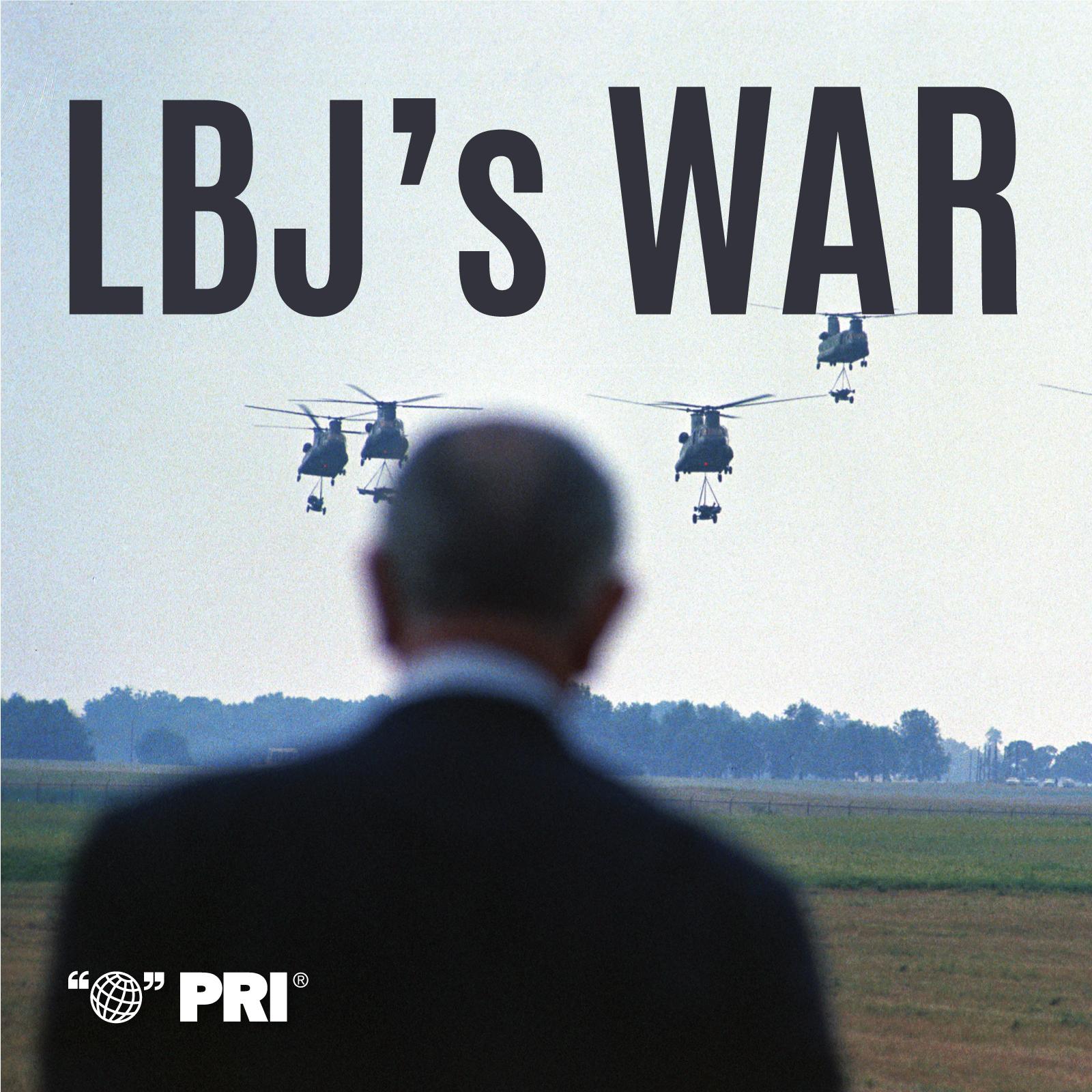
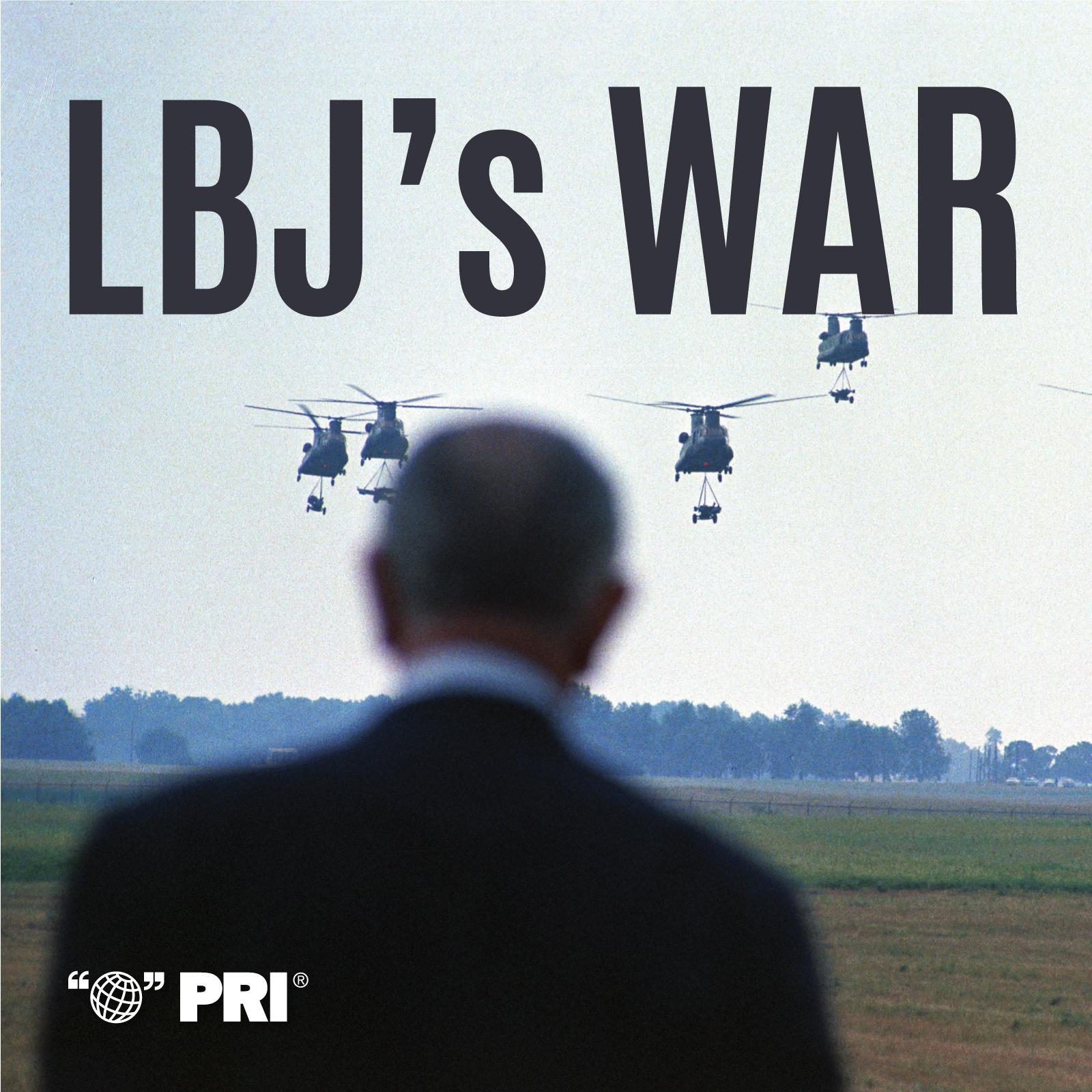
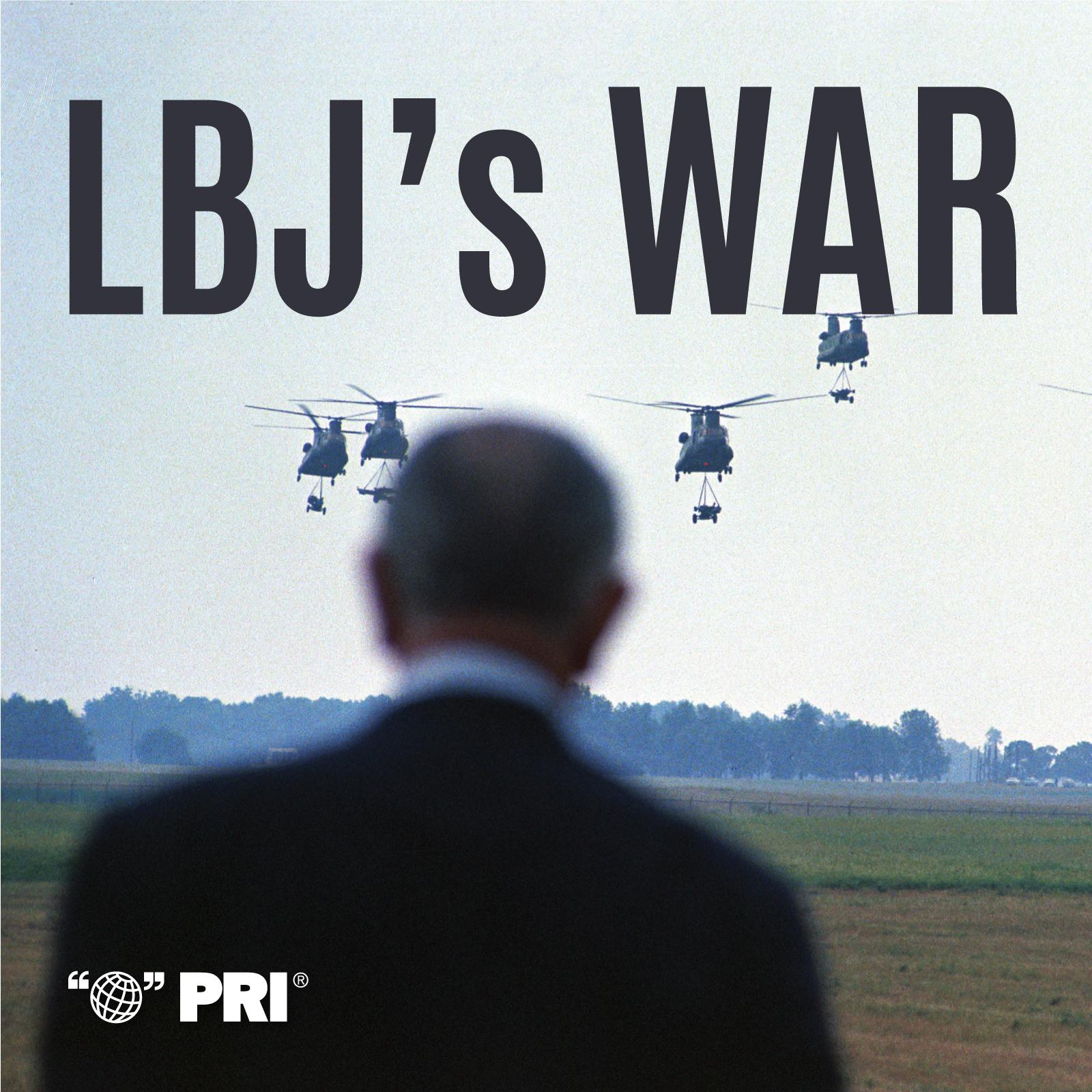
S2 Ep 7 - Post Script

So what do historians think, fifty years out, about LBJ’s Great Society and its long term impact on American life and politics? In early February, series correspondent Melody Barnes put that question to three distinguished scholars, gathered before a live audience at the Miller Center for Presidential Studies, at the University of Virginia in Charlottesville. Their perspectives are a thoughtful summing up of the Johnson Years, and a good place, we think, to close out this podcast series. The panelists: Kevin Gaines, the Julian Bond Professor of Civil Rights and Social Justice at the University of Virginia; Guian McKee, associate professor in Presidential Studies at the Miller Center; and Julian Zelizer, Malcolm Stevenson Forbes, Class of 1941 Professor of History and Public Affairs at Princeton University. Our thanks to them for their insights, and to you our listeners for your interest.